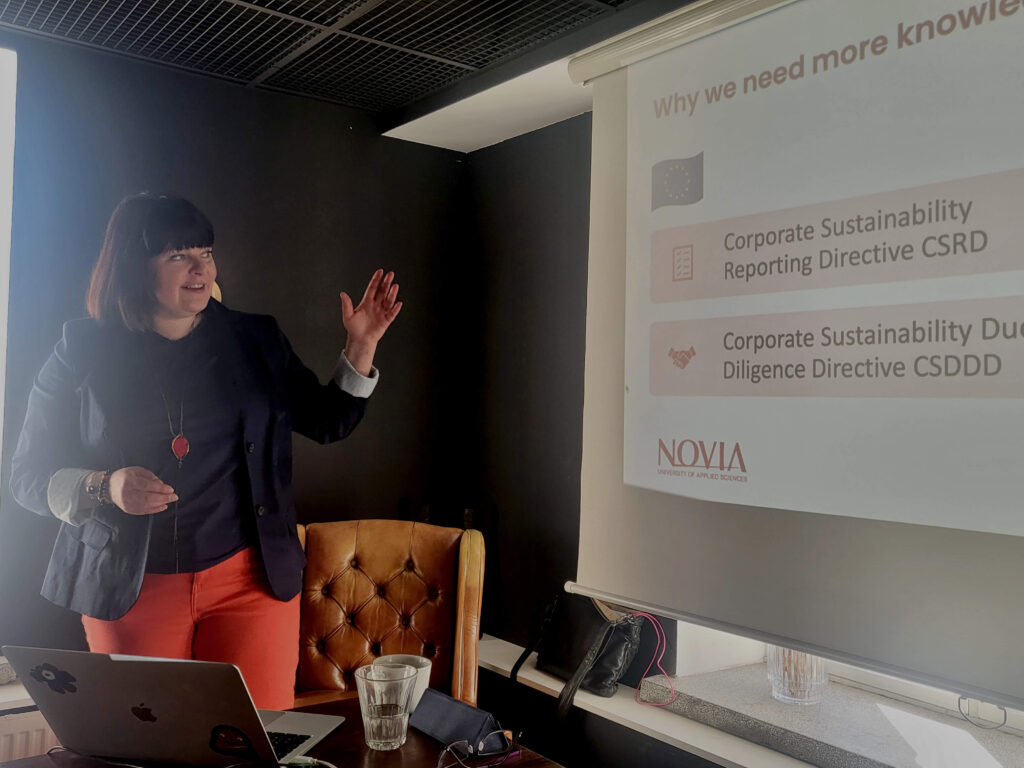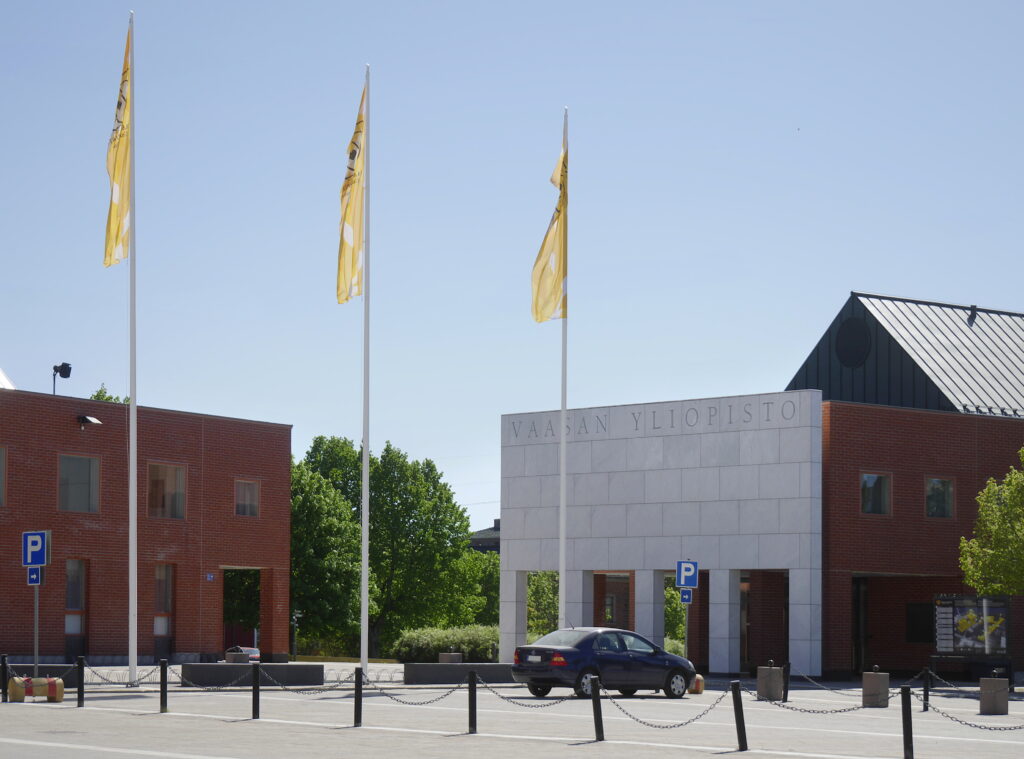In today’s hyper-competitive business landscape, efficiency is the name of the game. Every organization strives to maximize productivity, minimize waste, and deliver value to customers in the most streamlined way possible. One approach gaining traction across industries is LEAN project management. But what exactly is LEAN, and how can it transform project management processes?
LEAN project management is a methodology focused on maximizing value and minimizing waste throughout the project lifecycle. LEAN principles were originally developed by Toyota as part of its production system. The LEAN principles have since been adapted and applied beyond manufacturing to areas like service industries and project management.
At its core, LEAN emphasizes continuous improvement, streamlined processes, and a customer-centric approach. By eliminating non-value-adding activities, organizations can enhance productivity, reduce costs, and deliver greater value to customers.
In the following discussion, we will present an extract from Jessica Ekström’s master thesis research in a service industry organization, and we summarize by focusing on challenges, opportunities, and key findings of the research.
Challenges and opportunities
Integrating LEAN principles into project management poses its own set of challenges, particularly in service-oriented industries where the value stream is less tangible compared to manufacturing. Nonetheless, organizations committed to adopting LEAN methodologies can navigate these obstacles and achieve heightened efficiency levels.
Introducing LEAN principles into project management comes with its share of obstacles. Challenges may arise concerning project flow, resource allocation, funding approval procedures, and general operational efficiency. Yet, these hurdles also serve as avenues for enhancement and optimization.
One of the key challenges organizations faces is managing project flow and balancing workload effectively. Fluctuations in project demands can lead to inefficiencies and delays, impacting overall productivity. By applying LEAN principles such as continuous flow and waste elimination, companies can create a more consistent and balanced workflow, ensuring that resources are utilized efficiently, and projects are delivered on time.
Another area where LEAN principles can drive efficiency is in decision-making and the funding approval process. Lengthy approval processes and bureaucratic hurdles can slow down project timelines and hinder progress. By streamlining these processes, removing unnecessary steps, and leveraging visual management tools, organizations can expedite decision-making and ensure that projects stay on track.
Identifying areas for improvement and key findings
A qualitative research method was used to explore the current state of project management processes and identify areas ripe for LEAN implementation. Through semi-structured interviews with 20 persons within the case company, this method facilitates insights which could be gathered into challenges and potential solutions in idea generation, resource allocation, funding applications, and the waiting period for funding approval.
The following are the key findings:
- Clear Leadership and Effective Resource Allocation: Clear leadership and strategic resource allocation emerged as crucial factors for successful LEAN implementation. Organizations must ensure alignment with company strategy, focus on financial instruments, and foster collaborative decision-making processes.
- Streamlined Processes and Reduced Issues: LEAN implementation led to streamlined processes and reduced issues, resulting in quicker project timelines and boosted profits. By optimizing resources and improving efficiency, organizations can enhance customer satisfaction and drive bottom-line results.
- Enhanced Communication and Collaboration: Effective communication and collaboration are essential for successful LEAN implementation. Organizations must foster a culture of continuous improvement, encourage idea generation from all levels, and establish clear communication channels for efficient decision-making.
- Future Directions: Looking ahead, there are several opportunities for further improvement.
- Comprehensive LEAN Training Programs: Organizations can develop tailored LEAN training programs for employees at all levels. Training should emphasize the principles of waste reduction, continuous improvement, and the importance of employee involvement.
- Detailed Value Stream Analysis: Conducting a detailed value stream analysis can help identify and eliminate specific sources of waste in project management processes. By collaborating with employees and gathering insights into daily operations, organizations can drive continuous improvement and optimize workflows.
- Technology Integration: Leveraging technology solutions that support LEAN principles, such as automated workflows and digital Kanban boards, can enhance efficiency and streamline project management processes.
Conclusions
In conclusion, “Can we unlock efficiency by using LEAN principles?” the answer is “YES”. By embracing LEAN methodologies and applying them to various aspects of an organization’s operations, the organization can drive efficiency, reduce waste, and achieve sustainable growth.
From optimizing project flow and decision-making to enhancing cash flow management and fostering a culture of continuous improvement, LEAN offers a proven path to organizational success. As companies navigate an increasingly competitive and complex business environment, LEAN principles provide a roadmap for unlocking efficiency and realizing their full potential.













